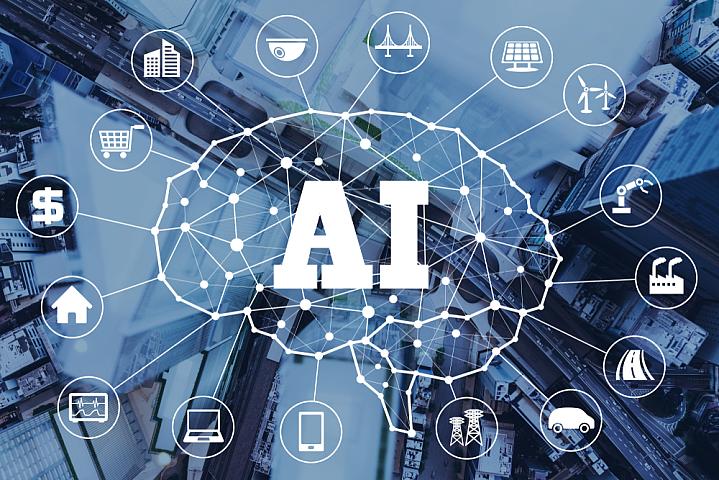Health Capsule
Artificial Intelligence and Medical Research
 metamorworks / Shutterstock
metamorworks / ShutterstockArtificial intelligence, or AI, has been around for decades. In the past 20 years or so, it’s become a growing part of our lives. Researchers are now drawing on the power of AI to improve medicine and health care in innovative and far-reaching ways. NIH is on the cutting edge supporting these efforts.
At first, computers could simply do calculations based on human input. In AI, they learn to perform certain tasks. Some early forms of AI could play checkers or chess and even defeat human world champions. Others could recognize and convert speech to text.
Today, different forms of AI are being used to improve medical care. Researchers are exploring how AI could be used to sift through test results and image data. AI could then make recommendations to help with treatment decisions.
Some NIH-funded studies are using AI to develop “smart clothing” that can reduce low back pain. This technology could warn the wearer of unsafe body movements. Other studies are seeking ways to better manage blood glucose (or blood sugar) levels using wearable sensors.
Learn more about the different types of AI and their use in medical research.
NIH Office of Communications and Public Liaison
Building 31, Room 5B52
Bethesda, MD 20892-2094
nihnewsinhealth@od.nih.gov
Tel: 301-451-8224
Editor: Harrison Wein, Ph.D.
Managing Editor: Tianna Hicklin, Ph.D.
Illustrator: Alan Defibaugh
Attention Editors: Reprint our articles and illustrations in your own publication. Our material is not copyrighted. Please acknowledge NIH News in Health as the source and send us a copy.
For more consumer health news and information, visit health.nih.gov.
For wellness toolkits, visit www.nih.gov/wellnesstoolkits.



